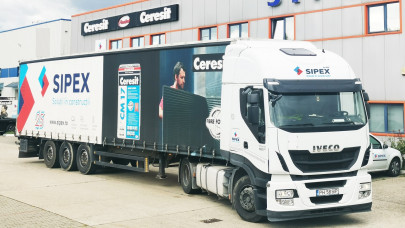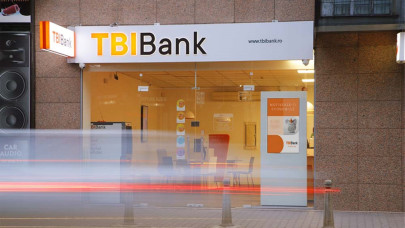In 2023, PepsiCo achieved some goals ahead of schedule, introduced new ones and made strong progress on others, while certain goals, including with respect to packaging, continue to present challenges. Through a wide range of innovation, strategic investment, ground-breaking partnerships and the multitude of actions pursued by our 318,000 global associates, the company:
- Reduced Scope 1 and 2 emissions by 13% and total Scope 1, 2 and 3 emissions by 5% year over year;
- Reduced our use of virgin plastic derived from non-renewable sources by 4% year over year;
- Doubled our global regenerative farming footprint to more than 1.8 million acres;
- Recorded a 25% improvement in water-use efficiency at high water-risk company-owned locations when compared to a 2015 baseline—reaching this goal two years ahead of schedule;
- Helped more than 10 million people gain access to safe water, bringing the total to more than 91 million since 2006;
- Introduced two new goals to reduce sodium and deliver diverse ingredients—36%, of our foods volume was at or below these new sodium targets and we delivered 75 billion portions of diverse ingredients.
In Romania, PepsiCo has implemented several projects with notable results:
- Significant investments in green energy: PepsiCo invested $2.1 million in the installation of over 3,000 photovoltaic panels at our locations in Dragomirești, Popești, and Covasna. With a capacity of 1,700 kWp, these panels produce over 1,300 MWh of green energy annually, resulting in an estimated reduction of greenhouse gas emissions (GHG) by approximately 500 tons per year.
- A new modern fully automated production line: a $13 million investment in installing a modern fully automated production line at its soft drink factory in Dragomirești. The production line is considered the most automated in PepsiCo's portfolio in Europe and can achieve remarkable performance, producing approximately 1 million bottles per day. The energy consumption of this line is reduced by about 30% compared to conventional lines, while energy efficiency per liter produced is 30% higher. Additionally, the new line produces 60% more beverages per unit of time, using 20% less CO2 emissions and reducing water consumption by 30% per liter of beverage produced. At the same time, it contributes to a decrease in the amount of plastic used by approximately 30 tons per year.
- Hybrid vehicle fleet: PepsiCo replaced 80% of its fleet with 450 hybrid vehicles, contributing to the reduction of CO₂ emissions. According to constructor data and guidance, by the year end, PepsiCo anticipates a 15% reduction in CO2 emissions generated by its vehicle fleet in Romania compared to 2022, and a 46% decrease from the 2015 baseline.
"Three years into our pep+ journey, it's clear the focus we have driven throughout the business is working in many areas. Our use of virgin plastics is down year-over-year and our total Scope 1, 2 and 3 emissions are down compared to 2022, as well as versus our 2015 baseline. This is all to be celebrated. However, the road ahead will continue to present challenges,” said Jim Andrew, Chief Sustainability Officer at PepsiCo. “We continue assessing where to devote time and resources to deliver meaningful impact and ensure we are focusing our efforts. Building strong and strategic partnerships with other scale players and adopting and scaling breakthrough technologies are central to our strategy."
PepsiCo products are enjoyed by consumers more than one billion times a day in more than 200 countries and territories around the world. PepsiCo (NASDAQ: PEP) generated more than $91 billion in net revenue in 2023, driven by a complementary beverage and convenient foods portfolio that includes Lay's, Doritos, Cheetos, Gatorade, Pepsi-Cola, Mountain Dew, Quaker, and SodaStream. PepsiCo's product portfolio includes a wide range of enjoyable foods and beverages, including many iconic brands that generate more than $1 billion each in estimated annual retail sales.










